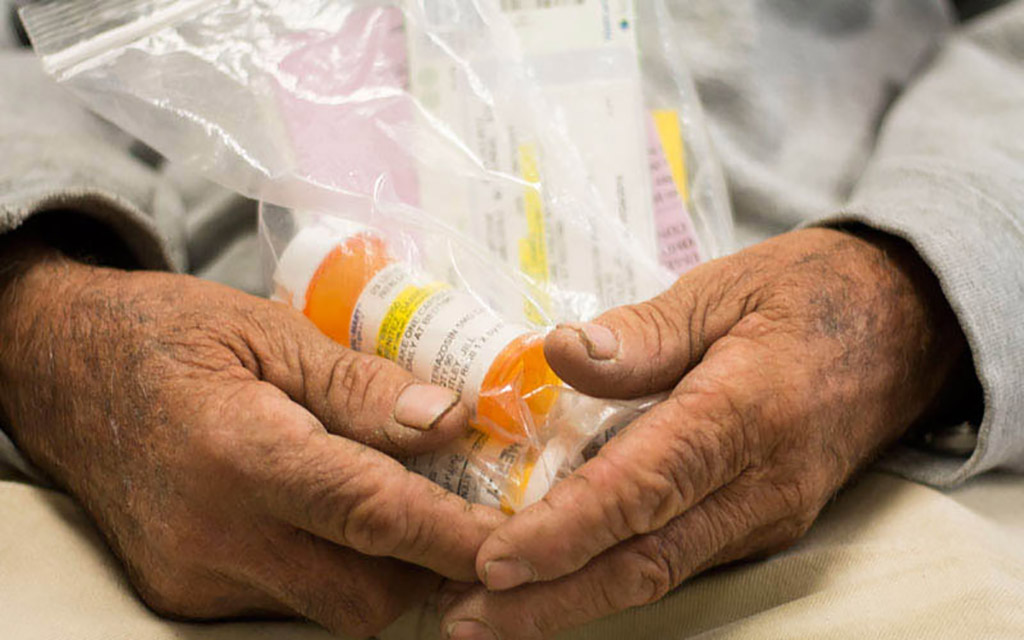WASHINGTON – Arizona Attorney General Kris Mayes vowed Thursday to “fight like heck” against a federal court ruling that could overturn a mandate that health insurers provide HIV-preventive medication without charge.
Mayes, backed by health advocates, said if the ruling by a judge in Texas is allowed to take effect, it could have devastating consequences for Arizonans who rely on lifesaving preventive services under the Affordable Care Act.
“As the attorney general of Arizona, it is my job to protect the people of Arizona, to uphold the law and to represent state agencies as well that might be impacted by this lawsuit,” she said.
Mayes, speaking on a call organized by Protect Our Care Arizona, was joined by other health care advocates who said the ruling could “stop the clock” on what has proven to be a cost-effective health mandate.
“I’m going to fight like heck against the Braidwood case, fight to uphold preventive services in the state of Arizona and to make sure the ACA continues to be the massive success that it has been so far,” Mayes said.
She was referring to Braidwood v. Becerra, in which a group of businesses and individuals challenged that part of the ACA that requires insurance companies to provide select preventive care services at no additional charge to the customer.
Among other things, the plaintiffs objected to ACA requirements that insurance plans include coverage for contraceptives, screenings and treatment for drug use and sexually transmitted diseases, vaccination for human papillomavirus and an HIV-preventive medication known as pre-exposure prophylaxis – or PrEP.
The plaintiffs challenged the right of federal agencies to determine which preventive care measures need to be provided. They also said they should not be forced to pay for coverage they do not want or need and, for at least three of the plaintiffs, for coverage that violates their religious beliefs.
In particular, Braidwood Management – which court documents call a “Christian for-profit corporation” – said that providing PrEP “facilitates and encourages homosexual behavior, intravenous drug use, and sexual activity outside of marriage between one man and one woman.”
U.S. District Judge Reed O’Connor agreed in September, ruling that forcing Braidwood to choose between providing PrEP and paying a “substantial monetary penalty ” for refusing to do so “imposes a substantial burden on religious exercise.”
O’Connor’s ruling has been on hold, but the 5th U.S. Circuit Court of Appeals held a hearing this week in which it considered letting the ruling take effect, which would lift the preventive care mandates.
Arizona advocates said Thursday that it would be a mistake to lift the mandate to provide preventive care like PrEP, which Mayes said has “saved countless lives in Arizona and made our state stronger.”
Arizona Public Health Association Executive Director Will Humble said the preventive care mandate in the ACA is designed to “catch people at the top of the waterfall” and let them avoid expensive medical treatments.
“If you can screen for depression in kids and adolescents early and get them into treatment, you can prevent not just really bad outcomes like suicide but other long-term effects because you are able to intervene more quickly with conselling,” Humble said.
Brian Hummel of the American Cancer Society Cancer Action Network said the district court ruling would freeze preventive treatment “back in time” and limit access to newer, less-invasive treatments. He stressed the essential nature of preventive services in catching and treating cancers in their early stages.
“We know that having access to no-cost preventive services matters,” he said. “It has been demonstrated in study after study that catching cancer early can improve the likelihood of successful treatment.”
Hummel pointed to an American Cancer Society survey that found a majority of cancer patients and survivors said they would be less likely to keep up with their care if those services came with an out-of-pocket cost.
All the speakers said preventive care is cost-effective as it typically negates the need for expensive and invasive medical intervention. Humble said the mandate has helped to “keep a lid” on insurance premiums, while Mayes noted that preventive care has saved Arizona “an untold amount of money in healthcare costs.”
“This lawsuit, this challenge to the ACA, doesn’t make sense financially, it doesn’t make sense in terms of strength and bolstering our public health care system and it doesn’t make sense from a legal standpoint,” she said.




